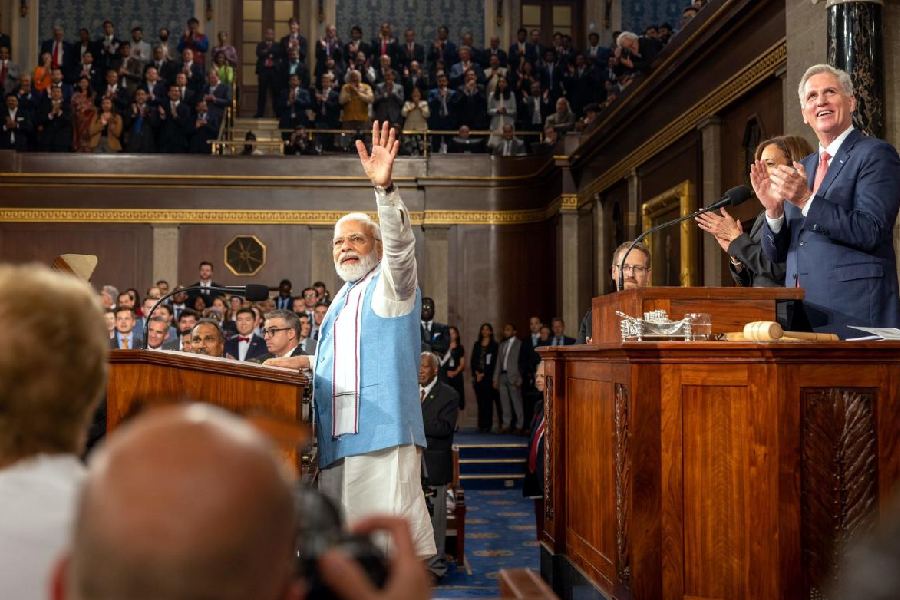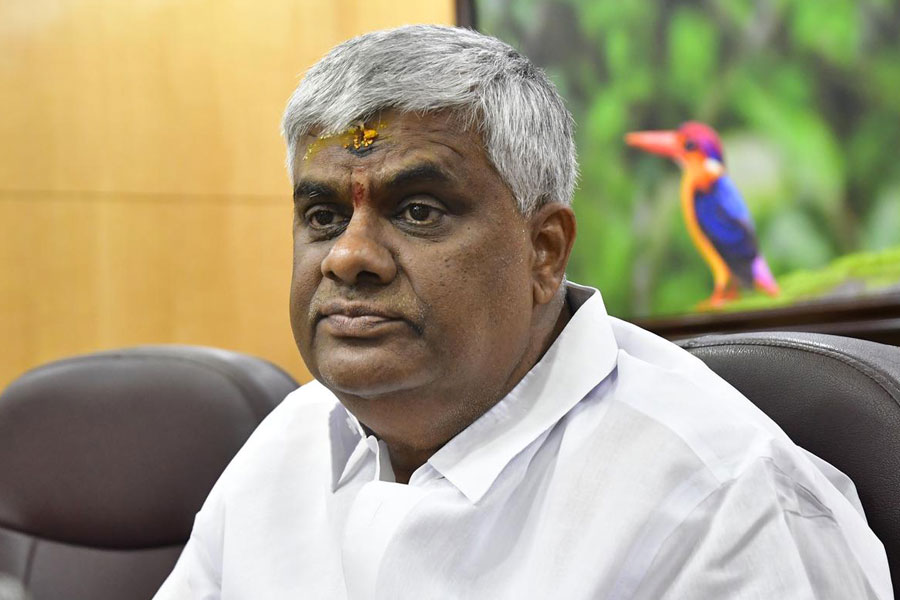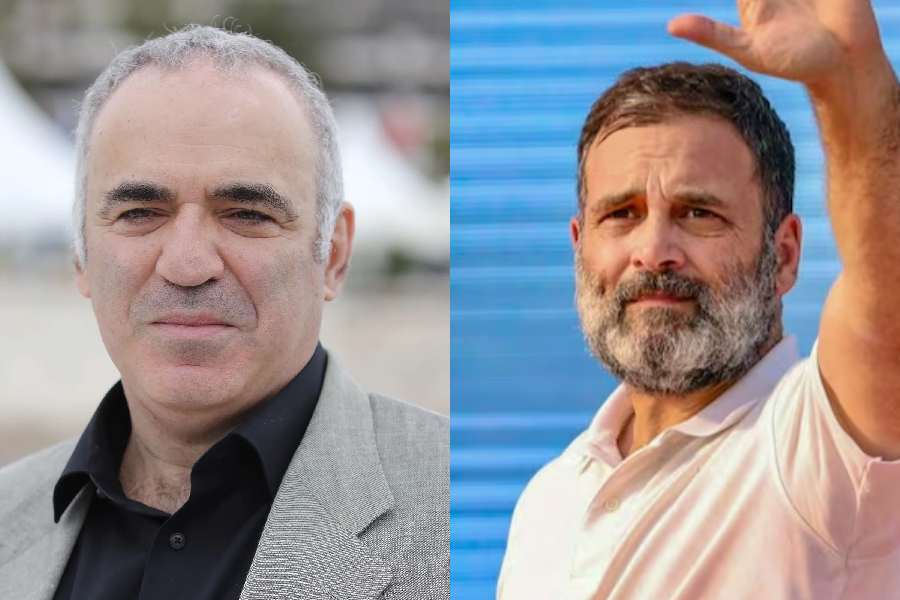On June 28, Salwan Momika, a refugee from Iraq living in the Swedish capital, Stockholm, burnt a copy of the Quran, the holy book of all Muslims, in front of the city’s main mosque. This sacrilege occurred on the day of sacrifice, Id ul-Zoha. While it was criticised by the Swedish government as an Islamophobic act, it caused outrage in the Islamic world leading to widespread and angry demonstrations in many Muslim countries. As the human rights coordinator of the Organisation of Islamic Cooperation to the United Nations Human Rights Council in Geneva, Pakistan tabled a resolution seeking the Council’s condemnation of Momika’s action.
The draft resolution was titled “Countering religious hatred constituting incitement to discrimination, hostility or violence” (A/HRC/53/L.23). This writer’s inquiries indicate that serious negotiations took place on the resolution’s text. The OIC obviously wanted the focus to remain on the sacrilege against the Quran. Other member countries wanted the despicable act to be placed in the context of the inadmissibility of such actions against holy books and objects of reverence of all religions. At the same time, some UNHRC member-states opposed such resolutions because for them freedom of expression is such a sacred constitutional value that profane acts against religious texts are legally permitted even if they are criticised politically.
The final resolution was voted on July 12. Twenty-eight countries voted in favour, 12 against, and 7 abstained. India was among the countries which voted for it. The text of the resolution reveals that while the desecration of the Quran is profiled, it is placed in the context of the need to respect all religions. This desire to strike a balance is reflected in many paragraphs of the resolution’s preambular portion. Thus, a preambular paragraph affirms “that burning the Holy Qu’ran or any other holy book is offensive, disrespectful and a clear act of provocation, constituting incitement to discrimination, hostility or violence and a violation of international human rights law[.]” Another is even more general. It notes “with deep concern the rising incidents of desecration of sacred books and places of worship as well as religious symbols, which constitute incitement to violence[.]”
The trigger for the resolution was Momika’s action. Hence, the operational part of the resolution in its first paragraph stated that the UNHRC “Condemns and strongly rejects the recent public and premeditated acts of desecration of the Holy Qu’ran, and underscores the need for holding the perpetrators of these acts of religious hatred to account in line with obligations of States arising from international human rights law;” Clearly, in voting for the resolution, India consented to this paragraph. However, its discomfort with it is evident from the statement made on July 11 by India’s permanent representative to the United Nations in Geneva, Indra Mani Pandey, during the debate on the resolution.
Pandey’s short statement does not specifically mention Momika’s desecration of the Quran. Nor does it take the name of Islam. The first sentence of Pandey’s statement noted, “India rejects firmly and unequivocally all forms of religious intolerance and all acts of religious discrimination, hatred or violence.” It would have been plausible to consider this as covering Momika’s action if the statement refrained from mentioning wrongful deeds against venerated objects of other religions. But that is not so, for Pandey regrets “an increase in prevalence of phobias against followers of various religions.” In this context, he focuses on “defacement and destructions of temples and idols, glorification of desecration of idols, violation of gurudwara premises, massacre of Sikh pilgrims, and numerous other acts of religious intolerance.” There is no doubt that any act of disrespect against temples, idols, and gurdwaras is completely unacceptable and should be so stated straightforwardly. But can that warrant a refusal to specifically mention the desecration of the Quran?
This becomes all the more ironic because Pandey’s statement mentions India’s “civilizational ethos” of “equal respect for all religions and peaceful co-existence of all religions” and repeats what has become the stock-in-trade phrase of Indian diplomacy — “the world is one family.” Diplomatic statements, such as the one made by Pandey, capture the approaches and ideologies of governments. This is because diplomats, like other officials, can discern the preferred phraseology of a dispensation in power. This is especially so if it is articulated in international and bilateral forums and does not arouse any controversies in India. Indeed, now the formulations reflecting the thinking of the sangh parivar on Indian history have come to be used by the senior-most political office holders in their important speeches abroad and they do not attract any adverse attention within the country.
Prime Minister Narendra Modi said in his speech to the joint session of the United States Congress on June 23 (picture), “Last year India celebrated 75 years of independence. Every milestone is important but this one was special. We celebrated a remarkable journey of over 75 years of freedom, after a thousand years of foreign rule in one form or another.” The sangh parivar has always held that Muslim rule in India was as foreign as British colonialism. Modi, without mentioning Muslim rule specifically, said so to the US Congress. Significantly, there was no discernible objection from any section of the Indian political class to Modi’s formulation. Earlier, in September last year, the external affairs minister, S. Jaishankar, had told the United Nations General Assembly that India had suffered more than a thousand years of foreign attacks and rule. Modi made the same point starkly to the US Congress.
It can be argued that while the present dispensation’s version of Indian history may differ, it adheres to the Constitution by ensuring that the fruits of development are for all, irrespective of their faith. This is true. But people are motivated by their sense of identity too and not only by economic factors. There are around 20 crore Indian citizens who are Muslim. Should their sensitivities be ignored? It is here that the percolation of prevailing ideologies to operational diplomatic levels, as illustrated by Pandey’s statement, can be dangerous for Indian interests abroad as also for social cohesion in India.
Vivek Katju is a retired Indian Foreign Service officer










